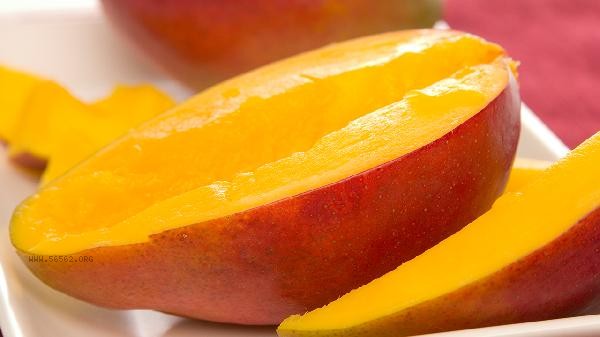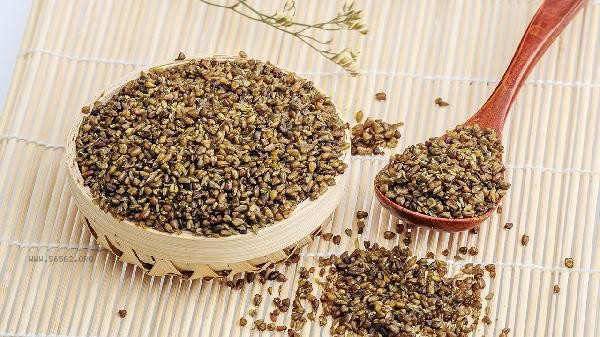The foods that are not easy to gain weight by eating too much mainly include konjac, broccoli, chicken breast, cucumber, celery, etc. These foods generally have the characteristics of low calorie, high dietary fiber or high protein, which can increase satiety and are not easily converted into fat storage.

1. Konjac
Konjac is rich in glucomannan, which is a soluble dietary fiber. After absorbing water, its volume expands dozens of times and can significantly prolong gastric emptying time. Its calorie content is extremely low, only 7 kcal per 100 grams, and it is not digested or absorbed by the human body. Konjac products such as konjac silk and konjac tofu can replace staple foods and are suitable for cold dishes or soup cooking, but excessive consumption may cause gastrointestinal discomfort.
2. broccoli
broccoli belongs to the cruciferous vegetable family, with about 34 calories per 100 grams, rich in vitamin C and sulforaphane. Its dietary fiber content exceeds 2.6 grams, and chewing takes a long time, which can enhance satiety signals through neural reflexes. It is recommended to blanch and stir fry or mix cold to retain more nutrients. Individuals with thyroid dysfunction should control their intake.
III. Chicken Breast
Chicken breast is a typical high protein, low-fat ingredient, containing approximately 31 grams of protein and only 3.6 grams of fat per 100 grams. Proteins have a higher thermal effect and can consume more energy during digestion. When cooking, it is recommended to remove the skin and boil it in water or grill it, avoiding deep frying. Individuals with renal insufficiency should control their total protein intake under the guidance of a doctor.

4. Cucumbers
Cucumbers have a water content of 96%, with only 16 kcal per 100 grams of calories. They contain succinic acid, which can inhibit the conversion of sugars into fats. The silicon element contained in the epidermis helps maintain skin elasticity, and it is recommended to consume it with the skin. People with weak digestive system should not consume large amounts on an empty stomach, as it may cause bloating.
5. Celery
The dietary fiber content of celery stem is prominent, about 1.6 grams per 100 grams, and the calories consumed during chewing are close to the calories of the food itself. The presence of apigenin and volatile oil components can promote the secretion of digestive juices. Individuals with low blood pressure should pay attention to controlling their intake to avoid exacerbating symptoms of low blood pressure.

When incorporating these foods into daily diet for a long time, it is still necessary to pay attention to balanced nutrition. It is recommended to consume a combination of whole grains, legumes, dairy products, and other ingredients to avoid nutrient deficiencies caused by a single diet. Prioritize low oil cooking methods such as steaming and cold mixing, and control the amount of seasoning used. Individuals with special constitutions or chronic diseases should consult a nutritionist to develop personalized plans. Maintaining regular exercise habits, engaging in moderate aerobic exercise and strength training every week, can further improve basal metabolic rate.








Comments (0)
Leave a Comment
No comments yet
Be the first to share your thoughts!